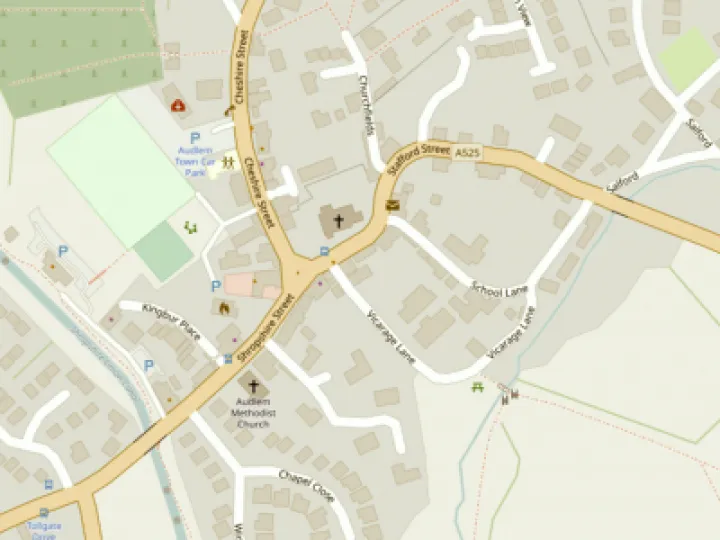







Hitler takes control
A referendum on merging the posts of Chancellor and President was held in Germany on 19 August 1934, after the death of President Paul von Hindenburg 17 days earlier. The German leadership sought to gain approval for Adolf Hitler's assumption of supreme power. The referendum was associated with widespread intimidation of voters, and Hitler used the resultant large "yes" vote to claim public support for his activities as the de facto head of state of Germany. In fact, he had assumed these offices and powers immediately upon von Hindenburg's death and used the referendum to legitimize this move.
On 1 August, with Hindenburg's death imminent, Hitler had the cabinet pass the "Law Concerning the Highest State Office of the Reich," which merged the offices of president (head of state) and chancellor (head of government) under the title of Führer and Chancellor. Thus, when Hindenburg died the following day, Hitler took over the president's powers. He publicly argued that the presidency had become so linked with Hindenburg that the title should not be used again.
Immediately after Hindenburg's death on 2 August, the commander-in-chief of the armed forces, Werner von Blomberg, ordered all members of the armed forces to take an oath to the Führer.
When President Hindenburg dictated his testament in May, he included as his "last wish" that the Hohenzollern monarchy would be restored by Hitler. His son, Oskar von Hindenburg, passed the testament on to Vice Chancellor Franz von Papen, who in turn gave it to Hitler on 14 August. The next day, 15 August, Hitler had it published, without any indication of Hindenburg's "last wish".
The wording of the referendum question was:
The office of the President of the Reich is unified with the office of the Chancellor. Consequently all former powers of the President of the Reich are demised to the Führer and Chancellor of the Reich Adolf Hitler. He himself nominates his substitute. Do you, German man and German woman, approve of this regulation provided by this Law?
Hitler declared a national holiday on 17 August 1934 so that he could address the German people directly over the 4.3 million registered radio sets.
The government used widespread intimidation and electoral fraud to secure a large "yes" vote. This included stationing brownshirts at polling stations and forcing clubs and societies to march to polling stations escorted by Nazi storm troopers and then vote in public. In some places polling booths were removed or banners reading "only traitors enter here" hung over the entrances to discourage secret voting. In addition, many ballot papers were pre-marked with "yes" votes, spoiled ballot papers were frequently counted as having been "yes" votes, and many "no" votes were recorded to have been in favour of the referendum question. The extent of this forgery meant that in some areas the number of votes recorded to have been cast was greater than the number of people able to vote.
On the other hand, the Nazis made little effort to prevent either the casting or tabulation of negative or invalid votes in districts that were known to have large populations of Jews, Poles and other ethnic minorities. The Nazi leadership considered the expected unfavourable results in such areas to be useful in their propaganda as proof of disloyalty to the Reich. This was the last national vote in which Jews and other minorities were allowed to cast ballots prior to their being stripped of citizenship rights the following year upon enactment of the Nuremberg Laws.
This article is from our news archive. As a result pictures or videos originally associated with it may have been removed and some of the content may no longer be accurate or relevant.
Get In Touch
AudlemOnline is powered by our active community.
Please send us your news and views using the button below:
Email: editor@audlem.org





